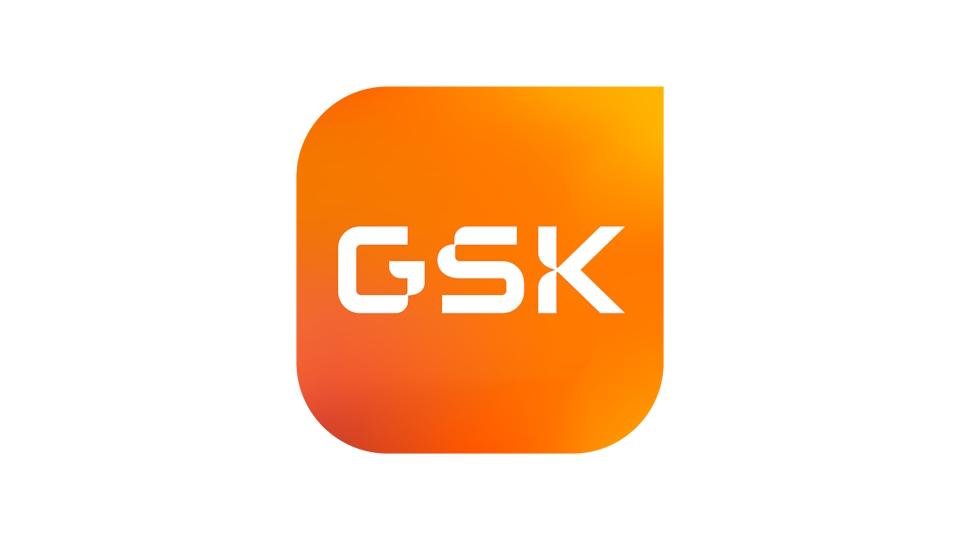GSK files Blenrep in EU, seeking return to market

Less than two years after pulling multiple myeloma therapy Blenrep off most markets around the world, GSK has filed for approval of the drug in the EU once again, hoping to restore its blockbuster credentials.
The remarkable renaissance for the BCMA-directed antibody-drug conjugate is supported by a pair of phase 3 trials that could not only support its return but also make it an option for a much larger patient population than before.
The marketing application to the EMA covers Blenrep (belantamab mafodotin) in combination with bortezomib plus dexamethasone (BorDex) or pomalidomide plus dexamethasone (PomDex) as a treatment for relapsed or refractory multiple myeloma. A similar filing is also planned in the US.
Blenrep won accelerated approval in 2020 as a fourth-line or later treatment for multiple myeloma. It was, however, withdrawn from sale following the failure of the confirmatory DREAMM-3 study in 2020 to show an improvement in progression-free survival (PFS) or overall survival (OS) when used as a third-line or later treatment.
Since then, GSK has reported the results of two phase 3 trials, DREAMM-7 and DREAMM-8, which looked at the effects of adding Blenrep to BorDex and PomDex, respectively, as a second-line or later option.
DREAMM-7 showed Blenrep extended PFS by 59% compared to Genmab and Johnson & Johnson's big-selling anti-CD37 therapy Darzalex (daratumumab), with a 43% trend towards improved OS that is being monitored to see if it achieves statistical significance.
Meanwhile, the DREAMM-8 study – reported at this year's ASCO congress – revealed a 48% improvement in PFS with Blenrep plus Pomdex compared to bortezomib plus PomDex and a 23% trend towards improved OS, also being followed up.
If approved, Blenrep will offer an off-the-shelf, outpatient treatment alternative to BCMA-directed CAR-T therapies – Johnson & Johnson's Carvykti (ciltacabtagene autoleucel) and Bristol-Myers Squibb's Abecma (idecabtagene vicleucel) – which require a convoluted manufacturing process and hospitalisation.
In a statement, GSK said Blenrep could "redefine the relapsed/refractory multiple myeloma treatment landscape," adding that it is "working to bring Blenrep to patients as quickly as possible given the high unmet need and the clinically robust effects" seen in trials.
Blenrep is still on sale in some ex-US markets, but brought in just $45 million last year, a fraction of GSK's projections of $3 to $4 billion when it was first launched. Analysts have suggested that it could make sales of $1.5 billion a year or more if it gets approval based on the DREAMM-7 and DREAMM-8 data.













